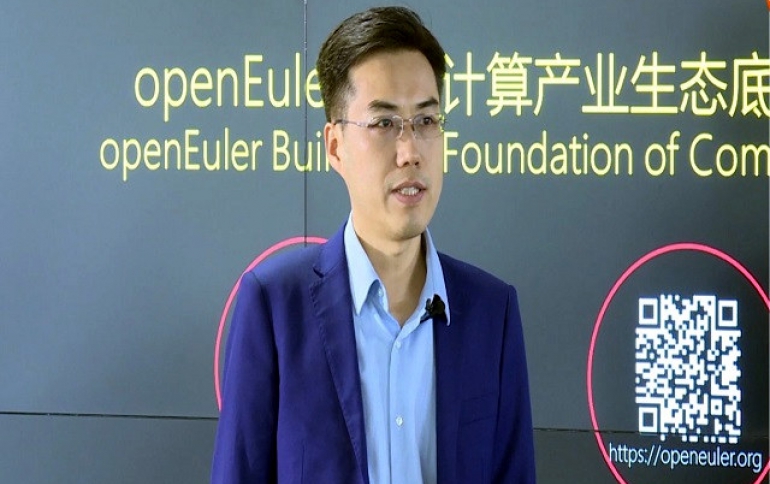
Huawei Positions its Linux Distribution openEuler OS For Diversified Computing Scenarios
Huawei is encouraging global developers to propose new ideas and approaches, and practice new solutions to hone openEuler into am operating system designed for diversified computing scenarios.
The first openEuler Virtual Summit was livestreamed in the openEuler community, sharing the latest industry progress and the plans related to the openEuler versions.
Jiang Dayong, the keynote speaker, said, "openEuler is not only a Linux distribution, but also an open source community. We hope that openEuler will serve as an innovation platform to engage all developers, partners, and open source enthusiasts. We will work together to drive customer-centric innovation, spark more ideas, and deliver better application experience, contributing to a thriving ecosystem."
Huawei's partners have joined the openEuler community and have released commercial OS based on openEuler. Among them are iSoft, Kylinsoft, the Institute of Software Chinese Academy of Sciences (ISCAS), and TurboLinux.
iSoft has already launched the MATE Desktop project in the openEuler community, and will take charge of the infrastructure building for GTK4 Porting, Wayland Porting, and code review for the project.
Kylinsoft has introduced oVirt, an enterprise-grade virtualization solution, and the UKUI lightweight desktop project, to the openEuler community.
In addition ISCAS has launched the Open Source Software Supply Chain Lightening Program to facilitate developer engagement and promote open source software in China.
Tsinghua Tongfang, a leading computer product vendor, has provided more than 200 senior experts for the R&D of multi-core heterogeneous computing devices, and has built nine production bases in China to support the diversified computing ecosystem. In addition, Tongfang has two R&D centers in Beijing and Shenzhen to support ecosystem adaptation. Currently, the openEuler 20.03 Long-Term Support (LTS) and commercial releases are supported on Tongfang computers.
The openEuler Virtual Summit 2020 includes workshops by special interest groups (SIGs). Experts and community participants discuss the feature planning, development, and maintenance of the infrastructure (kernel, package management, and security), applications (desktop, compilation language, and compilers), virtualization, and containers (iSula, oVirt, etc.). This lays a groundwork for the launch of openEuler 20.09 LTS.
The openEuler Virtual Summit 2020 is currently taking place online from April 17 to 18 and is the annual flagship event of the openEuler community for global community participants.





















